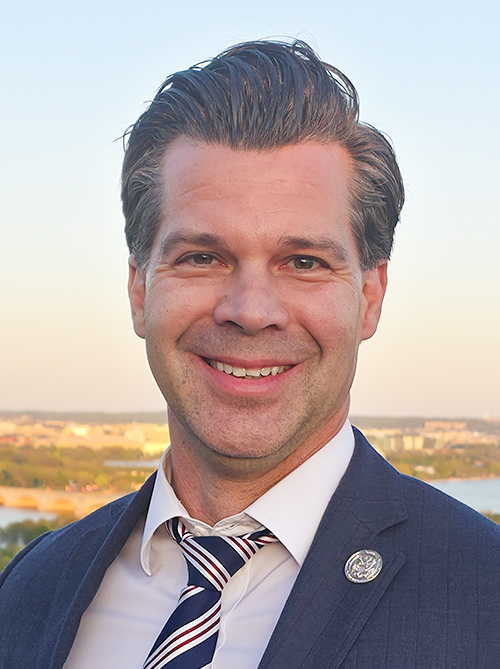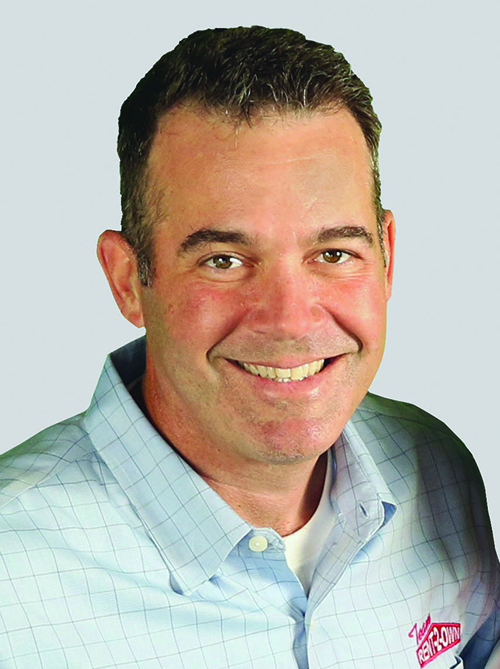After completing my first marathon, I remember reading the phrase on the finisher’s shirt: “Never Again Until the Next One.” I initially laughed, but the idea still resonates with me today. There’s a phenomenon known as “Ironman Blues” – a sense of emptiness that can follow the culmination of a major goal. My strategy to combat this has always been to sign up for the next challenge before finishing the current one. This approach keeps me moving forward, emphasizing that health and wellness aren’t actually destinations but ongoing journeys.
Peter Attia’s Outlive: The Science and Art of Longevity crystallized this perspective for me. Attia introduces the concept of the “Centenarian Decathlon,” a personalized set of physical tasks you aim to perform even in your later years. It’s not about competing in actual races or decathlons at 100, but ensuring you perform basic self-sustaining daily functions like carrying groceries, climbing stairs, or playing with grandchildren or great-grandchildren. This framework shifts the focus from short-term achievements to long-term functionality.
Attia emphasizes the concept of the healthspan-lifespan gap – the idea that the period we live in good health is more crucial than just lifespan. To close this gap, he advocates for proactive measures, including regular exercise, balanced nutrition, adequate sleep, and emotional well-being. This holistic approach aligns seamlessly with the Kaizen philosophy of making continuous, incremental improvements.
Incorporating these principles into daily life doesn’t require drastic changes. For instance, I’ve adopted routines like cross-training, monitoring my activity levels with an Apple Watch, and aiming to consume 30 different plant-based foods each week – a challenge known as “30 Plants per Week.” These small, consistent actions contribute significantly to long-term health.
For those new to fitness or seeking renewed motivation, consider this: instead of setting a singular goal like running a marathon, focus on establishing sustainable habits. Think about the activities you want to enjoy in your later years and start training for them now. Whether it’s gardening, traveling, or simply walking without assistance, preparing today sets you up for success in being able to relish these moments tomorrow.
Challenge for the Month:
Reflect on the ten physical activities you wish to perform effortlessly at age 100. Write them down. Then, identify daily or weekly habits that will help you achieve these goals. Remember, it’s not about intensity but consistency. As Attia suggests, training for the future begins with the choices we make today.









